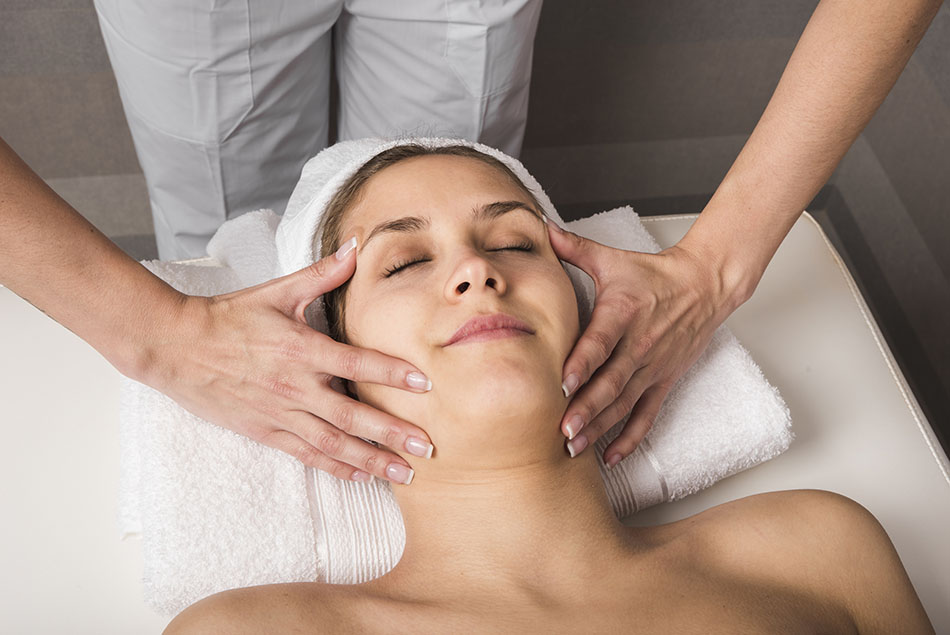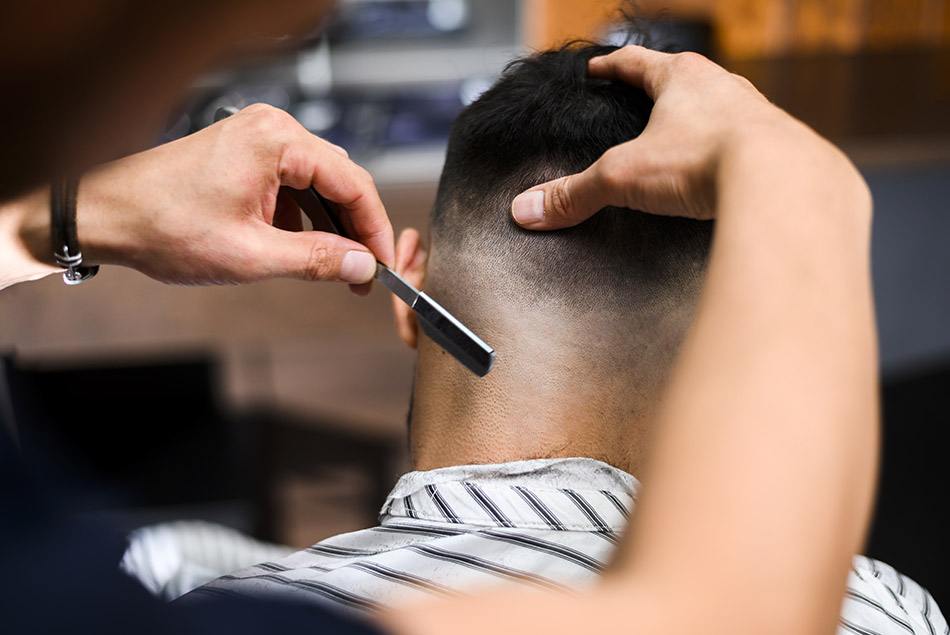Cosmetology School Programs

What is Cosmetology School?
What Do Cosmetologists Do?
As mentioned, cosmetologists are beauty experts providing care for:
Cosmetology
Cosmetologists encompass the entire world of beauty with a full understanding of hair, skin, and nails. In this exciting career, the sky is the limit with skills to provide services not only in beauty but also in several therapeutic services that aid in overall wellness for the mind and body.
Esthetics
The study of skincare is a remarkably high demand skill addressing one of the greatest challenges of beauty: aging. However, it also provides skincare for all ages addressing a long list of skin woes from acne to sun damage and aging to skin detox. Many courses also include hair removal techniques as well as sunless tanning and more advanced anti-aging procedures.
Barbering and Hair Design
Hairstyling and cutting has expanded to include other aspects of beauty, including growing demand for men’s beauty. While barbering involves cutting and styling hair and trimming and shaving facial hair for men, hair design includes further skills such as color treatments, shaping and specialty occasional hair designs for men, women and children. It is considered one of the cornerstones of cosmetology school.
Nail Technology
Nail technicians are trained in the art of manicures and pedicures, as well as treatments for nail and cuticle health. Applications and nail design have advanced and often courses will include new techniques such as nail jewelry and nail art.
- ZMakeup Artistry
- ZHair Removal
- ZPermanent Makeup
- ZAdvanced Skin Care
- ZAnd more
What is the Job Outlook for Cosmetologists?
According to the Bureau of Labor Statistics (BLS) the beauty field is looking at growth of 8 percent between 2018–2028. This represents faster growth than the average occupation of just 4 percent, making it an excellent option. Job opportunities in cosmetology include:

Hair Stylist
- Hair braiding and weaves
- Extensions
- Scalp care
- Barber (men’s grooming)
- Colorist
- Updos and special occasions
And more
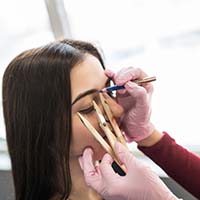
Makeup Artist

Advertising
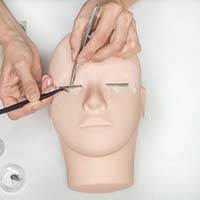
Teaching

Nail Technician

Permanent Makeup
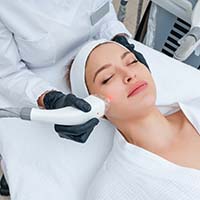
Laser Treatment Technician
- Acne scars
- Birthmarks
- Fine lines and wrinkles
- Age spots

Sales and Marketing
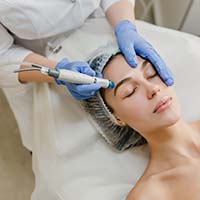
Esthetician
- Hair removal
- Brow care and shaping
- Artificial lashes
- Body care such as scrubs
- Skincare therapies
- Certified and licensed services such as microdermabrasion, and chemical peels
- Advanced technology treatments such as LED light treatment, laser skin treatment, ultrasonic skin therapy, etc.
- Anti-aging
- Tanning
- Acne treatments
- And more
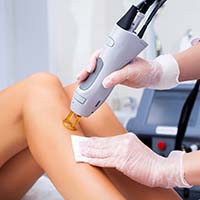
Electrolysis Technician

Salon Management
This would include:
- Day-to-day operations of a salon
- Hiring and training staff
- Supervision of staff
- Customer service and satisfaction
- Salon profitability
- Scheduling
- Continuing education
- And more
This is an excellent stepping stone if you are interested in owning your own salon someday.

Cosmetology Salary
Higher-end employers tend to offer better pay as they expect a higher quality of work and set higher standards to impress their clientele. As well, the industry you choose such as film or advertising can also increase your salary expectations. Entertainment stylists for example almost triple their incomes averaging $60,000 to $70,000 a year. Making a name for yourself is an excellent way to increase your earning.

What is Cosmetologist School Really Like?
- ZSanitation procedures and how they apply to the tools and workstation for each type of service you provide.
- ZHuman physiology and anatomy as it relates to human skin, hair, and nails, and how proper care affects associated systems of the body.
- ZChemistry of the products you use during your career and how they are safely handled and applied to the body.
General Cosmetology
This covers important elements of working as a cosmetologist such as client care ethics, hygiene and sanitation, the tools and equipment of the industry, personal grooming, and in many cases the basics of human anatomy and physiology. This helps set the groundwork for your other courses, as well as providing a better understanding of what is available and expected in your cosmetology career.
Hair Care
This typically covers all aspects of hair care including the scalp, effective shampooing and conditioning, hair care tips, hairstyling including trimming, thinning, curling, and shaping, specialized cuts, etc. Styling methods such as braiding, up-dos, wedding and prom styles, competition styles etc., as well as special applications for wigs, hair extensions and more are also often covered.
Hair Color
Hair coloring safety, chemical use, techniques related to creating highlights or lowlights, proper color application, choosing the right color for a person’s skin tones, and more.
Nail Care
An overview of common nail disorders and diseases, proper hygiene for infection control, manicures and pedicures, acrylic tip and form application, effective nail repair methods, polish techniques, etc. as well as teaching clients proper care techniques to prolong the life of nail treatments and maintenance.
Skin Care
Often a history associated with skincare treatments, in hand with an overview of ski diseases and types is the starting point for skin care classes. You then advance to procedures such as facials, dermabrasion, skin cleansing techniques suited to each skin type, hair removal, skin consultation methods, skin product use, and more.
Makeup Application
This is often an extra course offered for those interested in makeup application with a look at color, makeup tools, makeup application, airbrushing, camouflaging tips, and more.
Salon Management
Also often available as an extra course, this is an excellent choice for students who will eventually wish to open their own salons, or manage a salon. This adds business skills to your beauty techniques, including ethics, marketing, labor laws/workers’ compensation rights, business success tips and more.
How Long Is Cosmetology School?
However, on average you are looking at between 1,400 to 1,600 hours. It depends on the areas you wish to study as well. You can expect the following average hours of study for the three most common cosmetology courses:
- }Esthetician - 650 hours
- }Electrologist – 500 hours
- }Nail technician - 300 hours
What Are the Average Cosmetology School Requirements?
- ZA high school diploma or GED
- ZA cosmetology training certificate or associate degree in cosmetology
- ZSupervised hands-on experience to write the state cosmetology licensing exam
Costs – How Much Does Cosmetology School Cost?
A Cosmetology Pell Grant covers your entire tuition, and loans go beyond the cost of tuition to help you pay for other associated costs. Just make sure the school you choose is in fact accredited. More information on costs can be found here.


